Laurie Hamelin
APTN News
The trial between a Vancouver Island mother and the Port Alberni school board over smudging continued Wednesday.
Candice Servatius, described by her lawyer as an Evangelical Christian, has two children who attend the John Howitt Elementary School in Port Alberni, 200 km north of Victoria.
Servatius says her daughter was forced to sit through a smudging demonstration in class and not allowed to excuse herself.
Now she is asking the justice system to ban smudging from classrooms saying the ceremony infringed on her child’s right to religious freedom.
The week-long trial began in Nanaimo on Monday.
Judith Sayers, president of the Nuu-chah-nulth Tribal Council, says there’s a very good reason the school is including smudging in the classroom.
“We have dismal graduation rates and things are changing, we are getting better and part of that is that we can do things like this,” Sayers said. “People have cultural weeks and months and activities all year long. Schools are raising welcoming figures, totems, you know trying to make the place comfortable for our Indigenous students to attend. So all of these things are really critical to that kind of success.”
“The cultural teachings go on all the time in the schools and we have never had anyone protest before. So it’s the first time we have had anybody come out against anything that we are doing in the schools because they usually love it.”
In Sept. 2015, a letter from the school’s principal was sent to parents to inform them that a traditional cleansing would be taking place.
Concerned that the smudging ceremony might be religious in nature, Servatius immediately went to the school only to find out the cleansing had already taken place.
Servatius and her lawyer declined an interview request from APTN News.
But in a phone interview, John Carpay, president of the Justice Centre for Constitutional Freedoms, the organization representing Servatius, said the mother isn’t against her children learning about other cultures.
“This is not a court action to seek to remove Aboriginal culture and spirituality from the curriculum. The applicants are very happy to see it there. There is a difference about ‘teaching about’ versus getting children to ‘participate in’.”
The court needs to determine whether smudging is religious and if the ceremony infringes on the charter right to religious freedom.
“Religious freedom means the freedom to practice your religion and it also means not to be compelled or coerced or pressured into practicing a religion that is not yours or that you don’t agree with,” Carpay added. “And religion broadly includes spirituality and the supernatural.
“The daughter told her teacher that it would make her feel uncomfortable and the teacher told her that is was rude not to participate and that she was required to participate. So she was pressured into it, she did not want to do it.”
Sayers said she doesn’t want anyone forced to participate against their will but does want smudging to continue in classrooms.
And she’s adamant the ceremony and Indigenous culture isn’t religious.
“We have this agreement with School District 70 where we can come in and teach about our culture, our language, our dancing, our songs and this was one of those demonstrations and there were no children that were smudged, but the mother is alleging that there was all kinds of trauma caused to her daughter by being in the room with smudging,” Sayers said.
“As the Nuu-chal-nuuth Tribal Council we intervened because we didn’t want our culture, our way of life, to be considered a religion.
“There is no word in our language for religion and that’s just not our way of life. Spirituality is very different. And we’re hoping that this sort of argument will sway the court.”
“We want to be able to continue to teach children about our way of life, our beliefs and if this stops it, then we are in trouble.”
The trial is expected to finish on Friday.
@laurie_hamelin




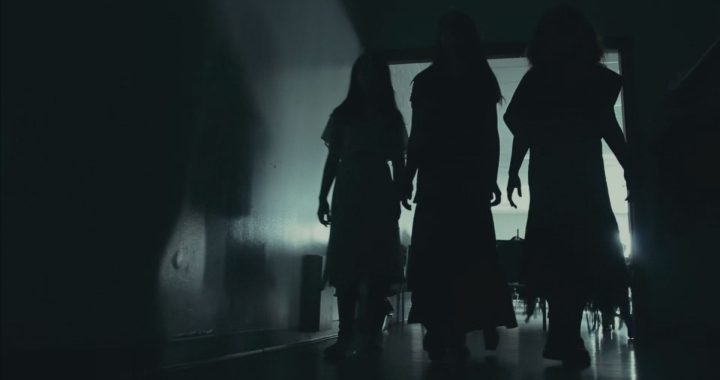

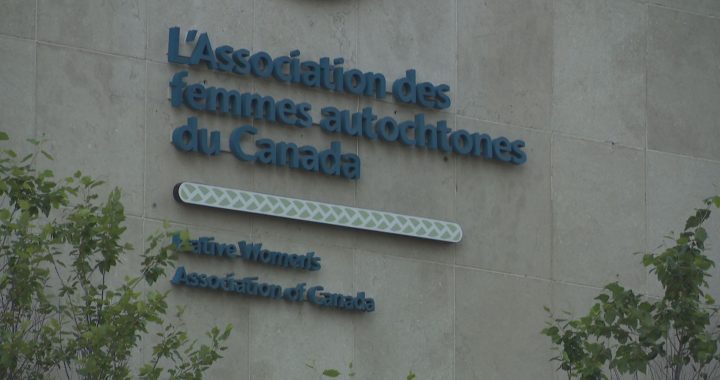
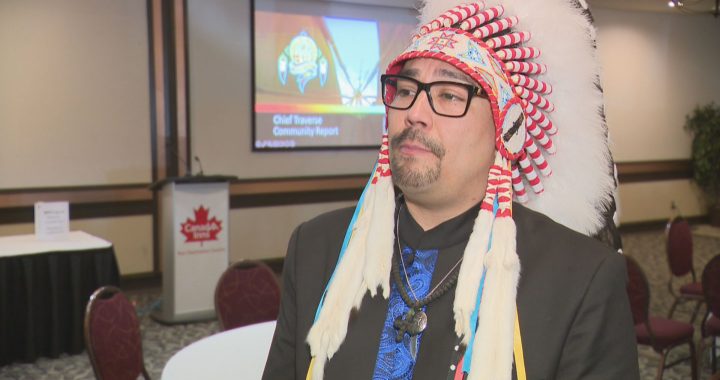
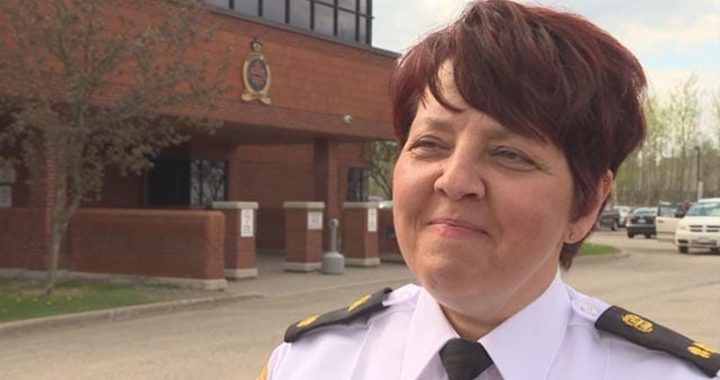
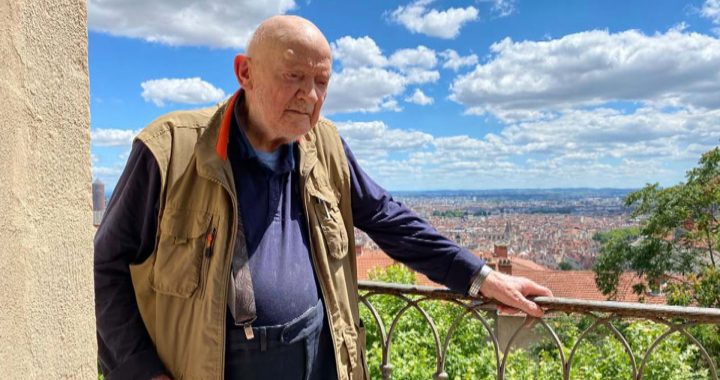
Smudging is not religious, thats imposing colonial interpretation on our worldviews
However it is our custom (magna Carta)
Concerns are raised when the lawyer describe something Indigenous as Aboriginal and believes that cultural practices must be religious.